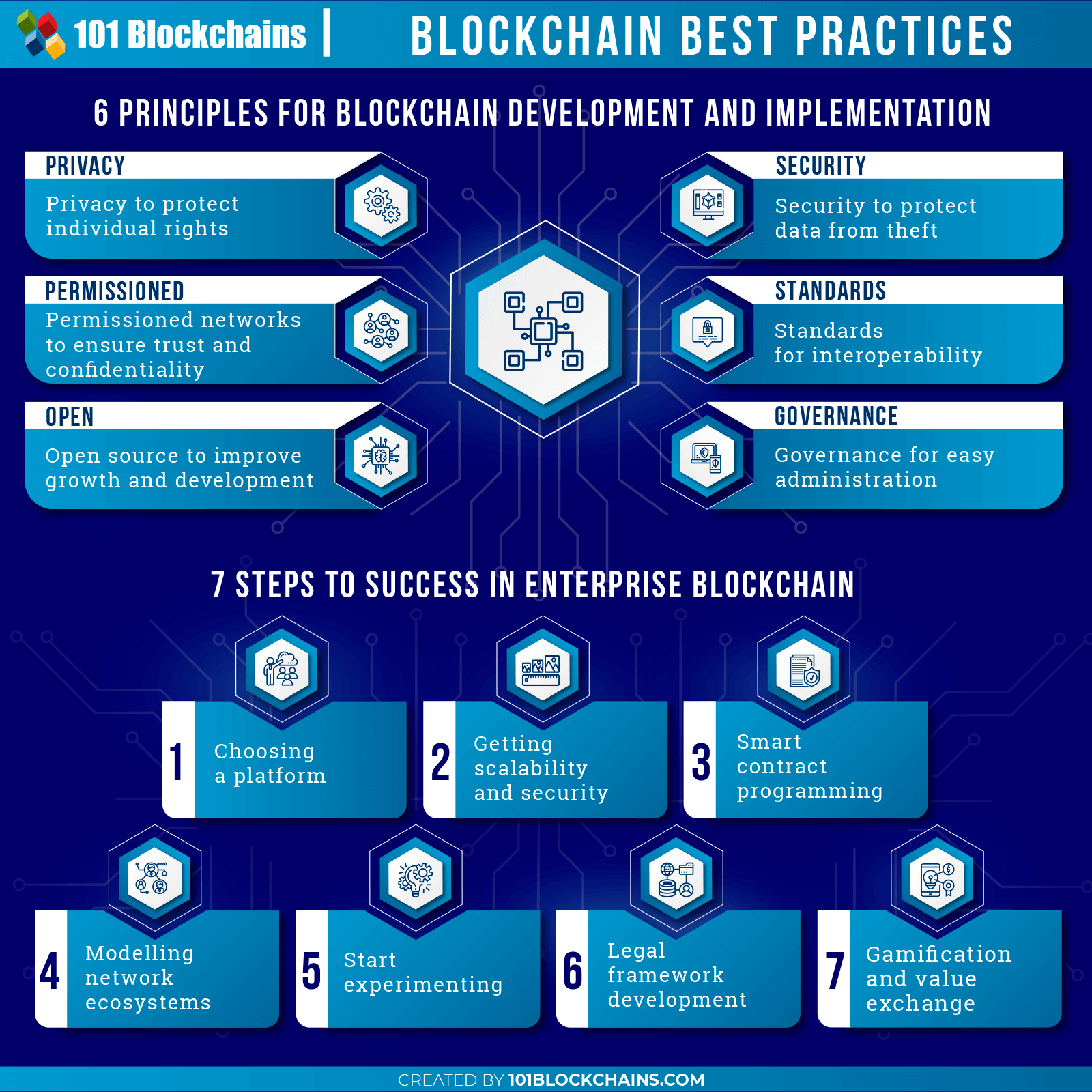In recent years, blockchain technology has emerged as a revolutionary force in the world of business. Originally created as the underlying technology for cryptocurrencies like Bitcoin, blockchain has since been adopted by a wide range of industries for its transparency, security, and efficiency. In this article, we will explore the role of blockchain in modern business and how it is reshaping the way companies operate.
What is Blockchain?
Blockchain is a decentralized, distributed ledger technology that enables the secure transfer of digital assets without the need for intermediaries. The technology works by creating a chain of blocks, each containing a list of transactions that are verified by multiple parties in the network. Once a transaction is verified, it is added to the blockchain and cannot be altered, making it immutable and tamper-proof.
Transparency and Trust
One of the key benefits of blockchain technology is its transparency and trustworthiness. Since all transactions are recorded on a public ledger that is accessible to all participants in the network, there is a high level of transparency in the system. This transparency helps to build trust among parties, as it eliminates the need for intermediaries to verify transactions.
Security and Immutability
Blockchain technology is highly secure due to its decentralized nature. Since the ledger is distributed across multiple nodes in the network, it is nearly impossible for hackers to manipulate or alter the data. Additionally, once a transaction is added to the blockchain, it is immutable and cannot be changed, ensuring the integrity of the data.
Efficiency and Cost-Effectiveness
Blockchain technology streamlines processes and eliminates the need for manual verification, reducing the time and resources needed to complete transactions. This increased efficiency not only saves companies time and money but also improves the overall customer experience. Additionally, blockchain technology can lower transaction costs by eliminating intermediaries and reducing the risk of fraud.
Use Cases in Modern Business
Blockchain technology has a wide range of applications in modern business, including supply chain management, identity verification, smart contracts, and digital payments. In supply chain management, blockchain can help companies track and trace products from the manufacturer to the end consumer, improving transparency and accountability. In identity verification, blockchain technology can securely store and verify personal information, reducing the risk of identity theft.
Smart contracts are self-executing contracts with the terms of the agreement directly written into lines of code. These contracts automatically execute when certain conditions are met, reducing the need for intermediaries and streamlining the contract process. Finally, blockchain technology has revolutionized digital payments by enabling fast, secure, and low-cost transactions without the need for traditional banking systems.
The Future of Blockchain in Business
As blockchain technology continues to evolve, its impact on modern business is only expected to grow. Companies that adopt blockchain early on will gain a competitive edge by improving efficiency, transparency, and security in their operations. With increased adoption and innovation, blockchain has the potential to revolutionize the way businesses operate and interact with each other.
In conclusion, blockchain technology is transforming the way modern businesses operate by providing transparency, security, and efficiency in a decentralized and trustless environment. As companies continue to explore the potential of blockchain, we can expect to see even greater innovation and disruption in the business world. Embracing blockchain technology is no longer an option – it is a necessity for companies looking to thrive in the digital age.
References:
https://www.ibm.com/blockchain/what-is-blockchain
https://www.coindesk.com/information/what-is-blockchain-technology
